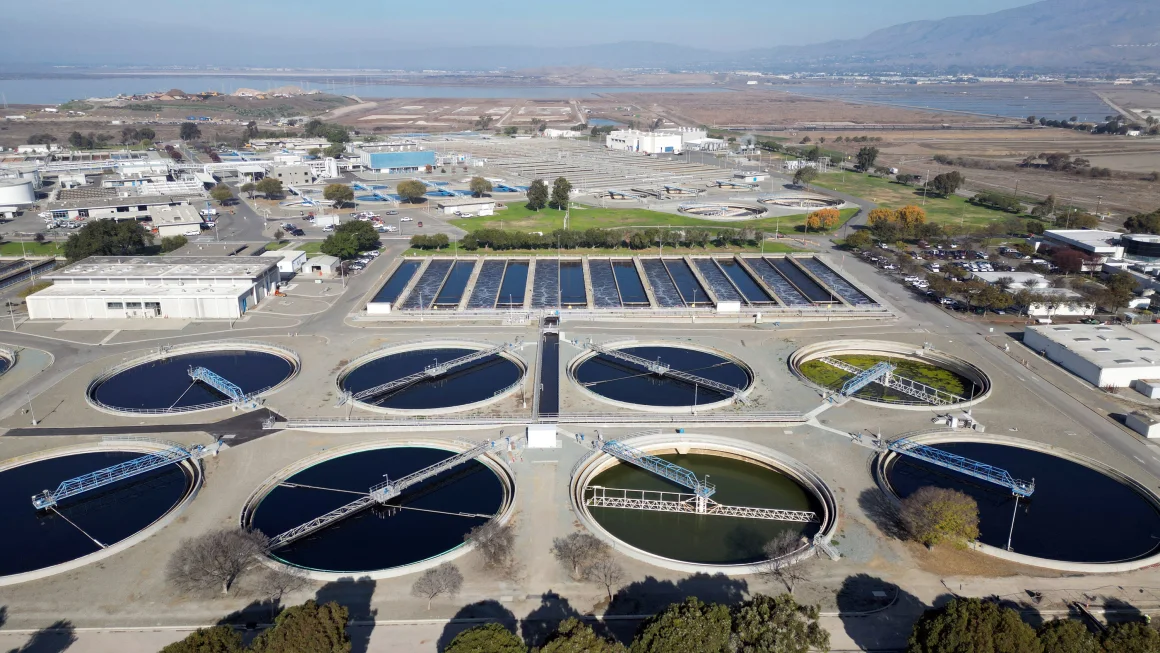Which system is right for you?
Just answer 6 quick questions to find out which type of water filtration system is right for your home. You’ll receive a custom quote for the system that we recommend based on your specific needs.

Time's up
California's Toilet to Tap Law
Do you really feel safe drinking sewage water?

California wastewater to be recycled into tap water, according to new regulations
In California, toilet or shower wastewater will no longer just be dumped into the Pacific Ocean or used for farmland. Now, it’ll be recycled into drinking water.
California’s Water Resources Control Board will introduce Direct Potable Reuse, a program designed to pump recycled water into the public drinking water system.
The board approved new regulations in a unanimous vote on Tuesday, making California the second state after Colorado to recycle wastewater into drinking water.
Board Chair Joaquin Esquivel said the goal is to protect public health while reducing the state’s dependency on the shrinking water supply from the Colorado River.
“The reality is that anyone out there on Mississippi River, anyone out there on Colorado River, anyone out there taking drinking water downstream from a wastewater treatment plant discharge – which I promise you you’re all doing – is already drinking toilet to tap,” said Esquivel.
Orange County’s Groundwater Replenishment System is already home to the largest purification system in the world, recycling 100% of local wastewater.
With worsening droughts, this move is long needed for a state that has struggled to provide drinking water to its 38 million residents. In 2023, more than 97% of California has been in moderate to severe drought, and the state just had its worst multi-year drought on record.
Droughts are here to stay, and water suppliers are struggling to keep up. A 2022 water supply and demand report indicated that around 18% of water suppliers were at risk of facing potential shortages.
The state has long struggled to overcome the distaste some residents had toward drinking “toilet to tap” water. Similar efforts in the 1990s fizzled out when the toilet to tap phrase caught on and the idea became too unpopular to implement.
Despite the negative moniker, the regulations are key to public trust and protecting public health, Esquivel said.
“What we have here are standards, science, and importantly monitoring that allow us to have safe pure water – it’s actually likely better quality water than many of those systems are pulling in now,” Esquivel added.
About half of tap water may be contaminated with “forever chemicals,” according to a study from the US Geological Survey.
“These new regulations give water managers a critical new tool as we confront the challenges of climate change,” the Metropolitan Water District of Southern California said in a statement. “They will enable Metropolitan to advance development of Pure Water Southern California, which will be one of the largest water recycling facilities in the world and benefit 19 million people in our service area.”
